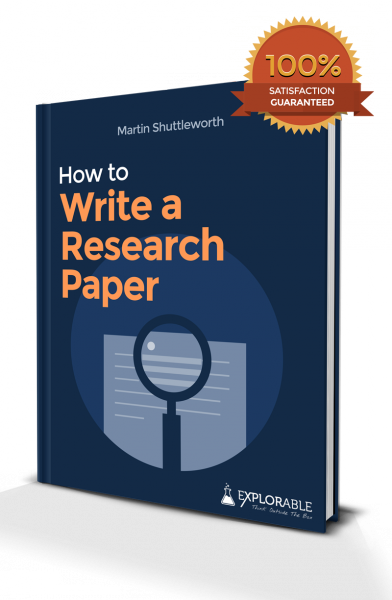
- Home >
- Advantages of Peer Reviews
Advantages of Peer Reviews
Here's a list of the advantages of peer reviews.
This article is a part of the guide:
Browse Full Outline
- There is no doubt that the process is not perfect, but it does allow the reader to make some judgment about the relative quality and merit of the research.
- Peer reviewing allows a diversity of opinions to be brought to the table, theoretically removing any personal biases and pre-set ideas from the equation.
- The peer review process stops a lot of substandard and poor science from reaching publication. In addition, the reviewers are generally experts in their field, well acquainted with the latest developments. They can, therefore, reject duplicate research and plagiarized papers.
- Because editors can use the process to remove poor quality work, it saves a lot of wasted time and money, especially if the work is plagiarized. Without referees, a journal would have to employ a team of editors with expertise in every field, and this would make the cost of the production prohibitive.
- Traditionally, the journals that use peer review enjoy an excellent reputation and are trusted by experts in the field. This also helps them to attract the best researchers and scientists to submit papers.
- The reviewers are experts in their field, and peer reviewing often brings innovative research to their attention, where it may be buried amongst a flurry of papers.
- Peer reviewing is not only used for journals but for grant applications and University standard textbooks. This helps to ensure that money is diverted only towards viable research proposals. The peer review of textbooks ensures that students are taught correctly and are provided with excellent information.
Martyn Shuttleworth (Apr 13, 2009). Advantages of Peer Reviews. Retrieved Feb 21, 2026 from Explorable.com: https://explorable.com/advantages-of-peer-reviews
You Are Allowed To Copy The Text
The text in this article is licensed under the Creative Commons-License Attribution 4.0 International (CC BY 4.0).
This means you're free to copy, share and adapt any parts (or all) of the text in the article, as long as you give appropriate credit and provide a link/reference to this page.
That is it. You don't need our permission to copy the article; just include a link/reference back to this page. You can use it freely (with some kind of link), and we're also okay with people reprinting in publications like books, blogs, newsletters, course-material, papers, wikipedia and presentations (with clear attribution).
This article is a part of the guide:
Browse Full Outline
Footer bottom




